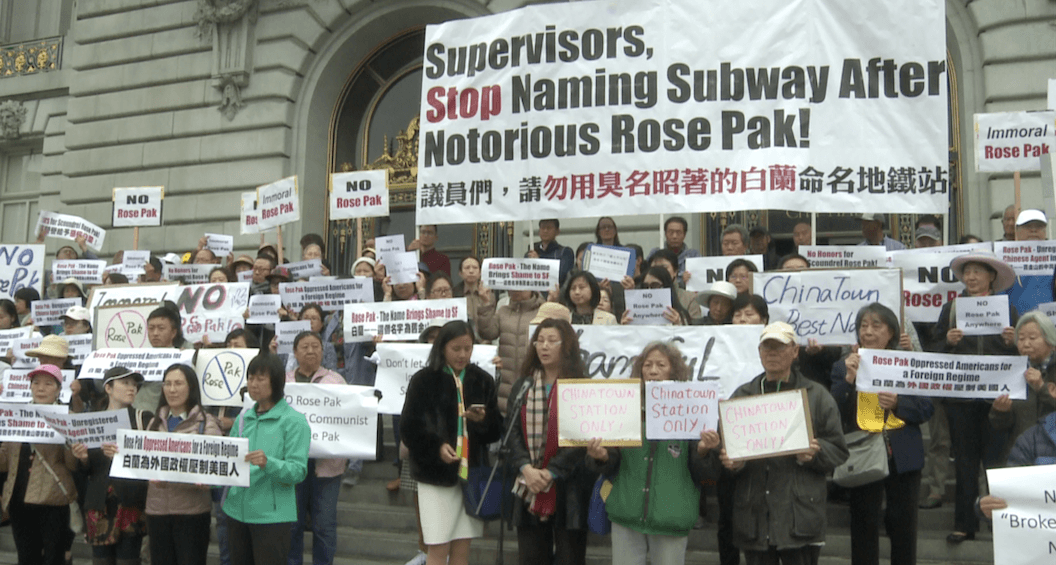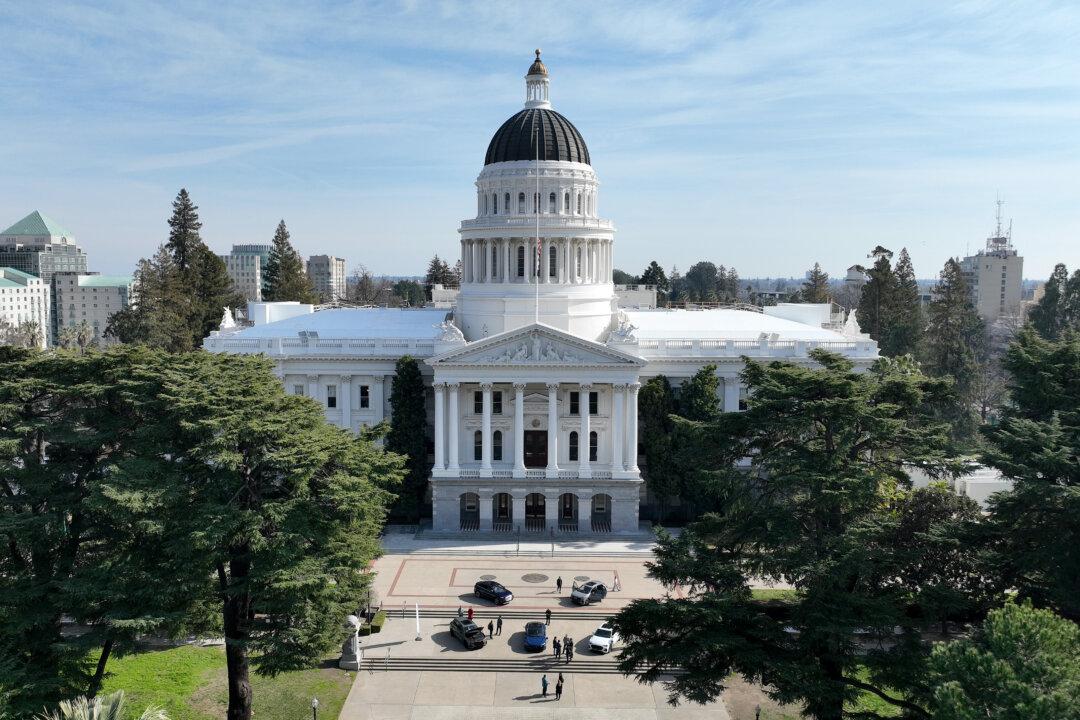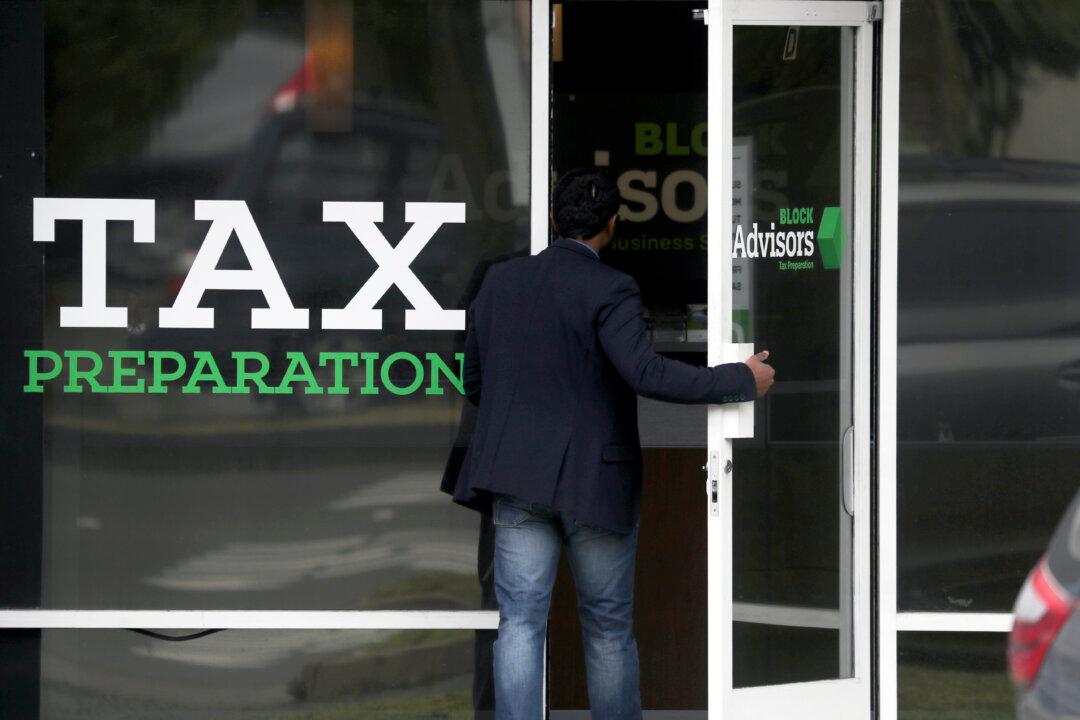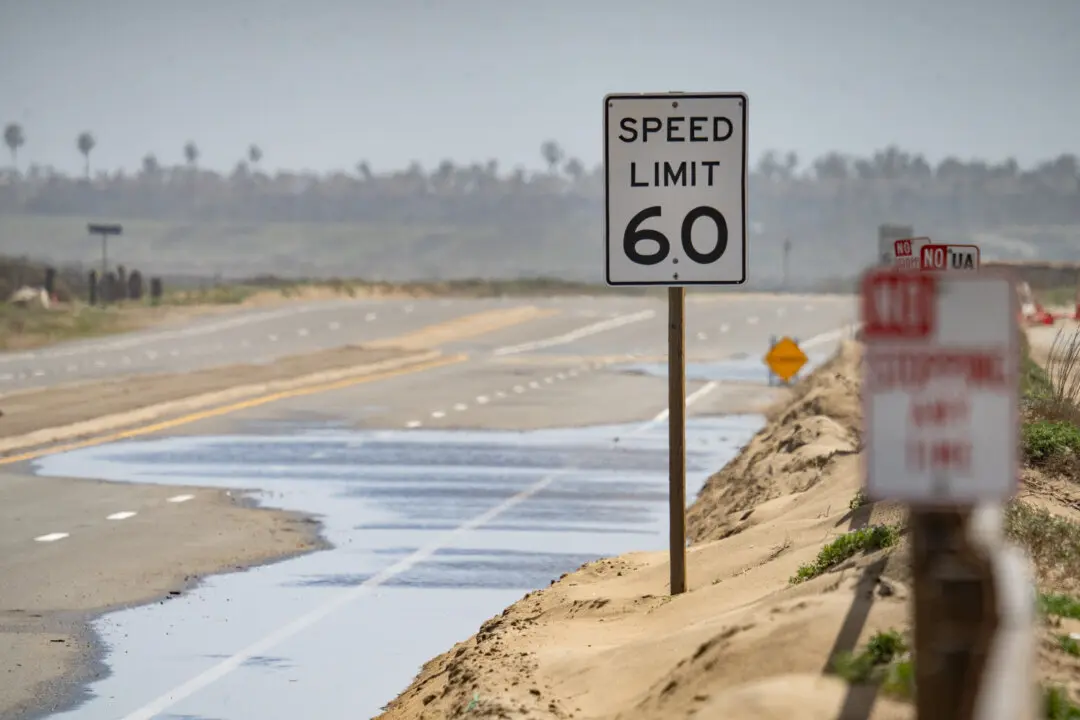SAN FRANCISCO, Calif.—Hundreds of San Francisco residents rallied in front of City Hall on May 6 to protest the city’s proposal of naming the new Chinatown subway station after the late Rose Pak.
Pak, an activist known for her ties with the Chinese communist regime, died in September 2016. After her death, members of the San Francisco Board of Supervisors introduced a resolution in October 2016 to name the Chinatown subway station after Pak.





